The Yogasutra is one of the most important works of Indian culture. This is so partly on account of its intrinsic worth as a masterly analysis of trance and as an equally masterly description of the method by which it is reached. Its importance derives also from its being the foundational text of Yoga, the system which plays a basic role in the culture of India. Indeed a knowledge of this system is necessary to understand the highly varied expressions of Indian culture, including those which, like Buddhism, reject the orthodox Brahminical tradition. The present book is an attempt of interpretation of the Yogasutras based on some special criteria adopted by the authors: (1) To use the traditional commentaries as auxiliaries, not as guides, with prudence and freedom, (2) To interpret those Sutras, in which Patanjali analyzes real phenomena, as what they actually are: descriptions of facts of experience. To such as end the authors have tried to have a clear idea of the phenomena to which Patanjali refers, and in this task they have found extremely useful the descriptions of their mystical experiences by Yogis of India and Christian mystics. The book includes the Sanskrit text of the Sutras and an English translation by the authors.
The Yogasutras of Patanjali: On Concentration of Mind
Add to favorites
Contents
$27.00
$30.00
In stock
Free & Quick Delivery Worldwide
All orders amounting to US$ 50 or more qualify for Free Delivery Worldwide. For orders less than US$ 50, we offer Standard Delivery at $14 per book.
ABOUT THE AUTHOR Carmen Dragonetti
Carmen Dragonetti has been Professors in the National Universities of San Marcos (Lima, Peru) and Buenos Aires (Argentina). He undertook investigation work of the National Council for Scientific Research (CONICET) of Argentina, in the area of Indian Philosophy. He was Vice-President and President respectively of the Institute of Buddhist Studies Foundation (FIEB) (Argentina); Directors of the Revista de Estudios Budistas (Journal of Buddhist Studies) REB, edited in Mexico; and Overseas Research fellows of The International Institute for Buddhhist Studies (Tokyo). Independently or in collaboration, he has published several books in Spanish on Indian Culture, specially on Indian Culture, specially on Indian Philosophy, as Yoga and Mysticism of India, Philosophy and Literature of India, Mahayana Buddhism; Buddhist Idealism, Buddhist ihilism; several translations into Spanish of important Sanskrit and Pali texts, as Hymns of the Rig Veda, Hymns of the Aatharva Veda, Upanisads, Bhagavadgita, Upadesasahasri, Gita Govinda, Amarusataka, Damodara Gupta, Dhammapada, Udana, Digha Nikaya, Sutta Nipata. In English he has published the Yogasutras of Patanjali and Nagarjuna's Regutation of Logic (Motilal Banarsidass).
ABOUT THE AUTHOR Fernando Tola
Fernando Tola has been Professor in the National Universities of San Marcos (Lima, Peru) and Buenos Aires (Argentina). He undertook investigation work of the National Council for Scientific Research (CONICET) of Argentina, in the area of Indian Philosophy. He was Vice-President and President respectively of the Institute of Buddhist Studies Foundation (FIEB) (Argentina); Director of the Revista de Estudios Budistas (Journal of Buddhist Studies) REB, edited in Mexico; and Overseas Research fellow of The International Institute for Buddhhist Studies (Tokyo). Independently or in collaboration, he has published several books in Spanish on Indian Culture, specially on Indian Culture, specially on Indian Philosophy, as Yoga and Mysticism of India, Philosophy and Literature of India, Mahayana Buddhism; Buddhist Idealism, Buddhist ihilism; several translations into Spanish of important Sanskrit and Pali texts, as Hymns of the Rig Veda, Hymns of the Aatharva Veda, Upanisads, Bhagavadgita, Upadesasahasri, Gita Govinda, Amarusataka, Damodara Gupta, Dhammapada, Udana, Digha Nikaya, Sutta Nipata. In English he has published the Yogasutras of Patanjali and Nagarjuna's Regutation of Logic (Motilal Banarsidass).
reviews
0 in total
Review by Anonymous
Be the first to review “The Yogasutras of Patanjali: On Concentration of Mind” Cancel reply
You must be logged in to post a review.
Bibliographic information
Title
The Yogasutras of Patanjali: On Concentration of Mind
Author
Edition
Reprint
Publisher
ISBN
8120802586, 9788120802582
Length
xxvi+201p., References; Index; 23cm.
Subjects
more by Carmen Dragonetti see more
more by Fernando Tola see more
similar bookssee more
Improve Your English
$25.20
$28.00

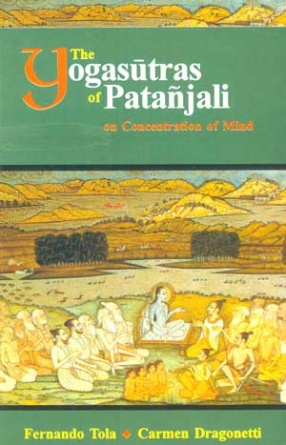

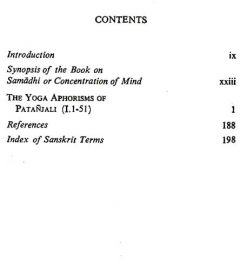
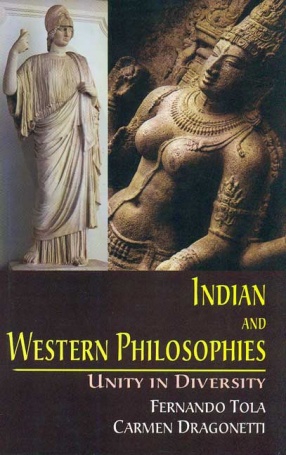
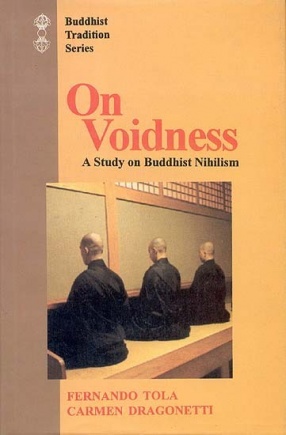
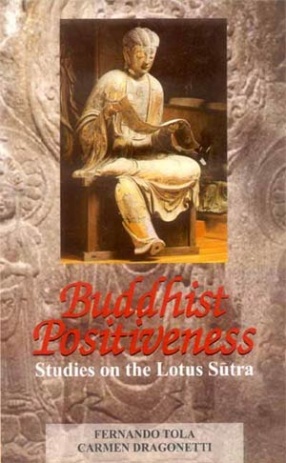

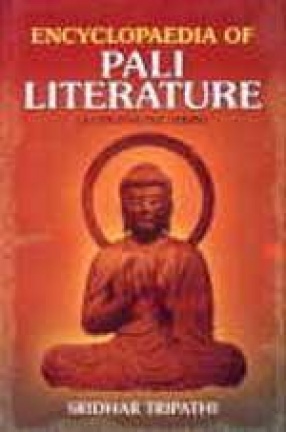

There are no reviews yet.